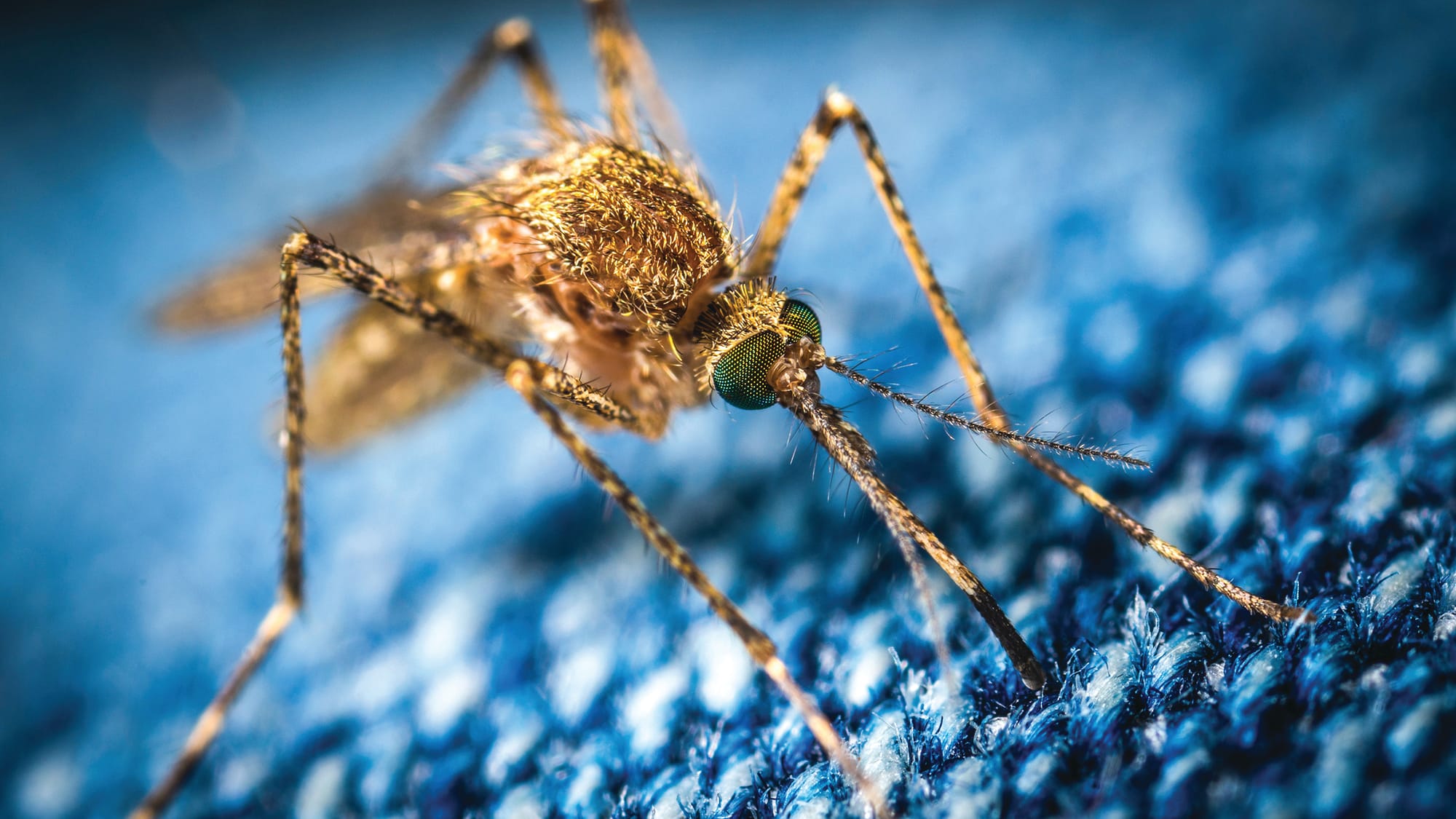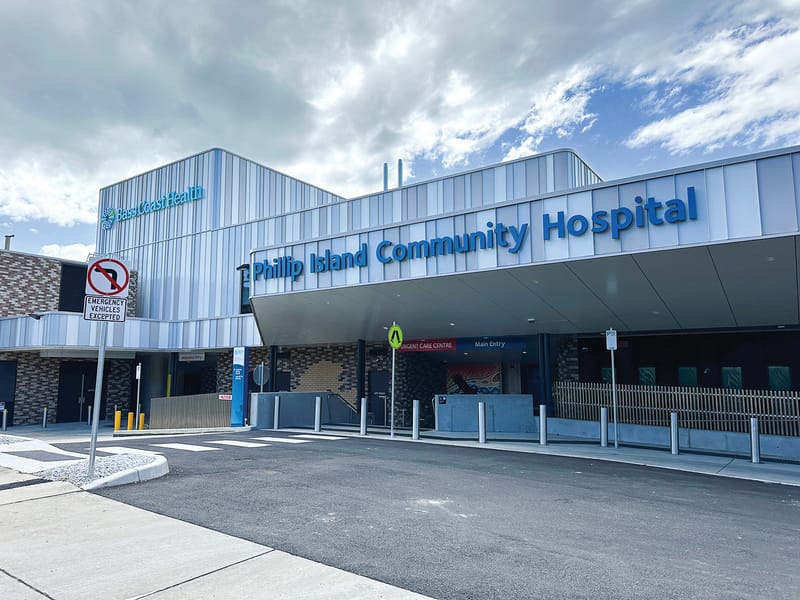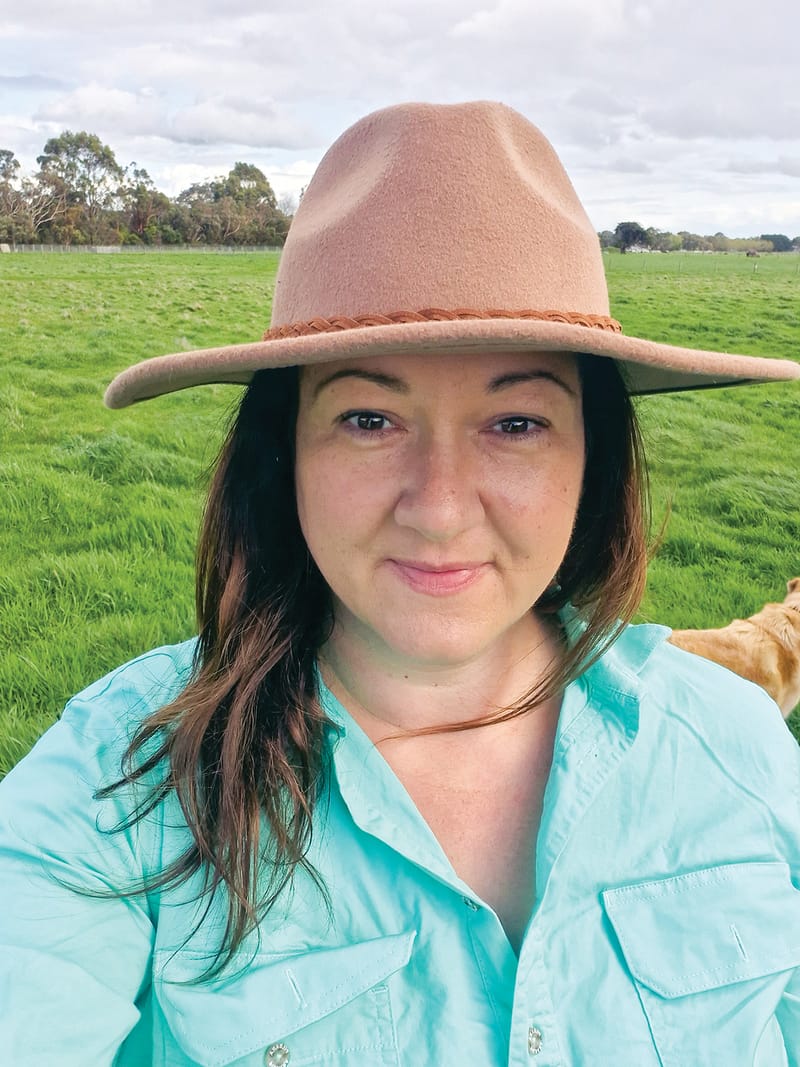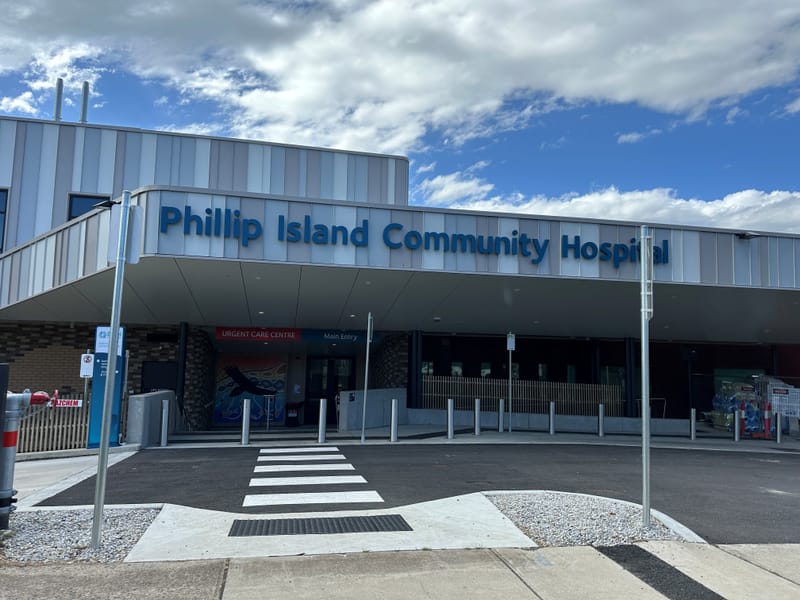It's mozzie season again
Victorians are being urged to take precautions against mosquito-borne disease.

Regional Victorians are being urged to take precautions against mosquito-borne disease, as recent flooding and warm weather creates the perfect breeding environment for the insect.
Minister for Health Mary-Anne Thomas encouraged those living in flood-impacted communities to be on high alert in the coming weeks, as pooling water fuels the risk of disease, including Ross River virus, Murray Valley encephalitis and Japanese encephalitis.
While mosquito-borne diseases cannot spread from person-to-person and most cases will be mild, for some transmission can lead to severe and long-term health complications.
In recent years, Phillip Island has had multiple cases of Ross River fever reported.
In 2021, there were 15 report cases, in San Remo and across Phillip Island, including Cowes, Cape Woolamai, Surf Beach, Wimbledon Heights and a property along Harbison Road.
Previous, the shire said six of the seven mozzie hot spots in Bass Coast are found on Phillip Island: the Rhyll and Newhaven swamps, Fishers wetland near Churchill Island, Rhyll foreshore, Silverleaves, the gun club south of Rhyll, as well as the mouth of the Powlett River at Kilcunda.
Mosquitoes can fly several kilometres if the wind conditions are right.
Simple and practical steps that Victorians can undertake to reduce the risk of being bitten by mosquitoes, include:
- Covering up by wearing long, loose-fitting clothing - mosquitos can bite through tight clothing.
- Using mosquito repellents containing Picaridin or DEET on all exposed skin.
- Checking the repellent label before applying to children - spraying or rubbing repellent on children's clothes is recommended, avoiding their skin especially their hands.
- Limiting outdoor activity if there is a significant uptick in mosquitoes and using 'knockdown' fly spray, mosquito coils or plug-in repellent while sitting or eating outdoors.
- Removing stagnant water where mosquitoes can breed around the home or a campsite.
- Making sure windows are fitted with mosquito netting or screens.
Victorians in high-risk areas are also eligible for a free Japanese encephalitis vaccine - available at local GPs, Aboriginal community-controlled health organisations, community pharmacies and local councils.
During mosquito season (November to April), public health measures are implemented to prevent and control disease, including the Victorian Arbovirus Disease Control Program's statewide surveillance program.
No cases of Murray Valley encephalitis or Japanese encephalitis have been detected to date this season, including zero detections in trapped mosquitoes of either, however flood waters have now increased the risk of occurrence.
It comes as the Department of Health and South Gippsland Water issue a boil water advisory for Poowong, Loch and Nyora residents following reports of contaminated water in the Poowong-Loch-Nyora water supply system.
More information about mosquito-borne disease and vaccination against Japanese encephalitis is available on the Department of Health website and the Better Health Channel.
www.health.vic.gov.au/infectious-diseases/mosquito-borne-diseases






